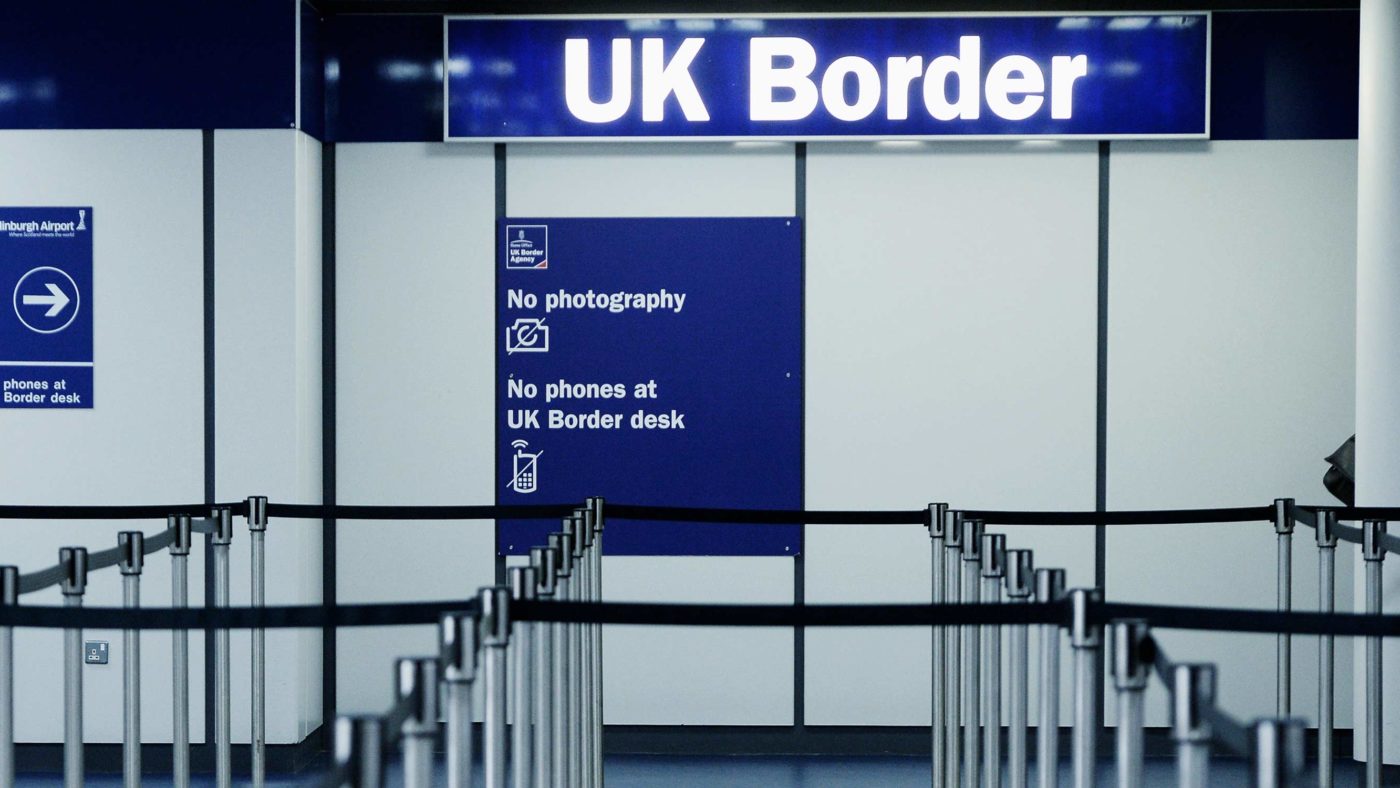The Prime Minister may have announced his new immigration policy in a radical way – via a broadcast on Facebook Live – but the proposal itself was, well, rather conservative. Yes, it makes things slightly easier for senior scientists and engineers to enter the country, and that is to be welcomed. But it will do little to address the hugely imbalanced and excessively restrictive UK visa system for the majority of skilled people wishing to come and work in our country from outside Europe. If he’s looking for ideas to address this, perhaps he should turn to a Commonwealth Exchange report published in 2014.
The foreword to that report argued that “As we re-examine our relationship with the EU, we have a vital opportunity to recast our immigration system…And the first place to start is with the Commonwealth”. The author went on to praise the reports contents, saying that “I welcome this report as the beginning of a long-overdue discussion about how we engage with Commonwealth citizens, specifically on the matter of visas to work and invest in the UK.”
Why is this relevant? Well, the author of that foreword was one Boris Johnson. Writing then as Mayor of London, he declared “as we reconsider Britain’s place in the world, I want us to reconsider how we engage with Commonwealth peoples.”
The report made a series of recommendations on how we might do just that. Our new Prime Minister specifically endorsed some and welcomed the opening of the discussion on others.
For example, the report suggested restoring Commonwealth nations to the Youth Mobility Visa. All but four member states were removed from the scheme in 2008. What better way to extend the hand of friendship to our Commonwealth allies such as Singapore, the Caribbean, and South Africa?
This would also help to make true the promise of “Global Britain”, by letting young people from around the world come to the UK to study, work, and explore. The scheme is strictly time limited, there are limited visas of this type available, and it is based on reciprocity – allowing Brits to spend time in other countries too. The impact on net migration would therefore be relatively small but the positive social & economic could be significant in turning young Britons into global Britons.
However, perhaps the most radical proposal the report made was for a “CANZUK” labour mobility zone between the UK, Australia, New Zealand, and Canada. This proposal was dubbed “Boris’ Bilaterals” as it was he who suggested it the year before on a visit to Australia. As we begin work on new Free Trade Agreements with Australia and New Zealand, he should instruct his Trade Secretary, Liz Truss, to make them full and comprehensive enough to include letting people live, work, and prosper in each other’s nations with full visa liberalisation. As Boris said when proposing the idea “It would be an assertion that we are no longer thinking of ourselves as little Europeans, run by Brussels, but as a country with a truly global perspective.”
Immigration is of enormous benefit to the United Kingdom. Immigrants are founding some of Britain’s fasting growing businesses, employing thousands of people across the country. Now we are leaving the European Union, we have the opportunity to develop an immigration policy which is truly open, welcoming, and allows us to make the most of what the world has to offer. People have always wanted to move to countries with open economies and opportunities for enterprise and education, and Britain can provide those things and more. So while Boris Johnson’s latest announcement is welcome, if he wants to lead a ‘Global Britain’ that attracts the best and the brightest – regardless of their nationality – he should summon up the boldness he showed as Mayor of London and craft a truly radical set of immigration reforms.
CapX depends on the generosity of its readers. If you value what we do, please consider making a donation.


